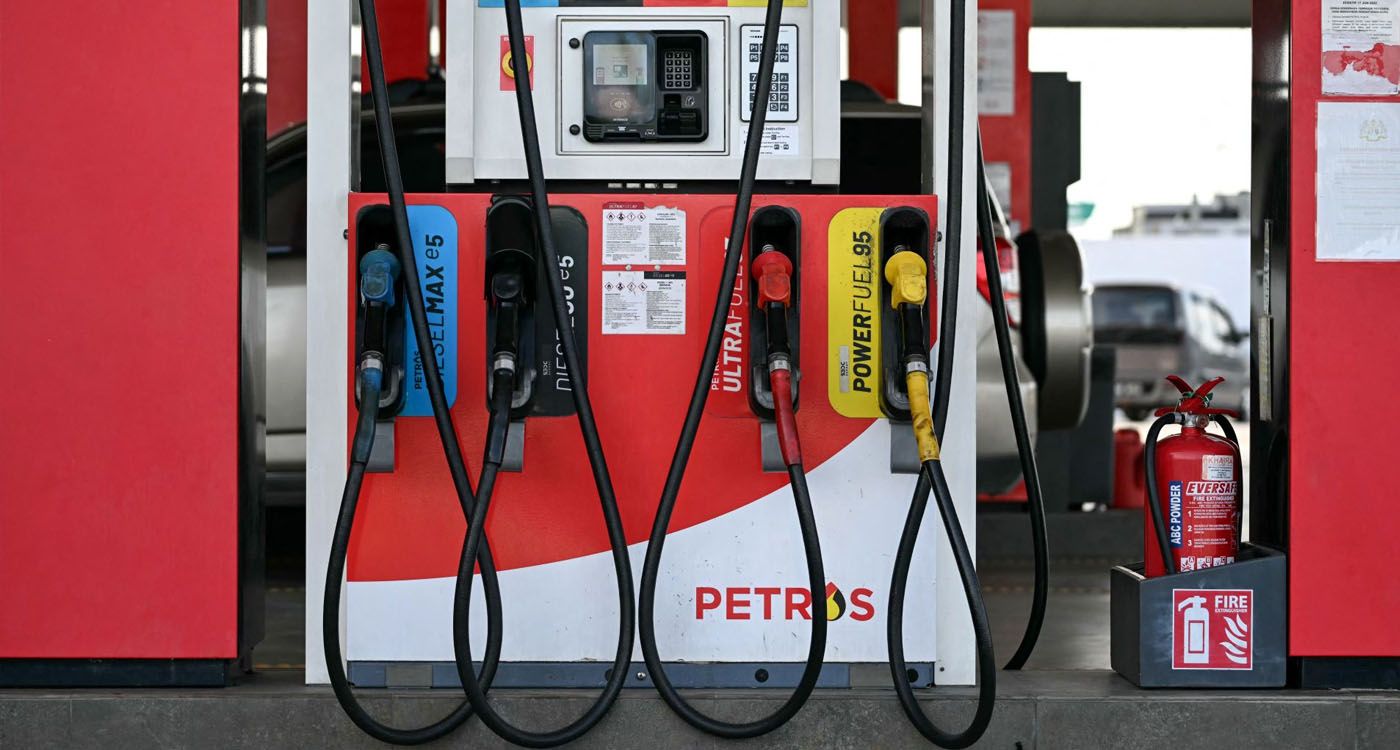
Following weeks of disruption caused by a flat-rate levy on gasoline and diesel, introduced to fund a military salary increase, the refined fuel market has returned to relative stability, with both products now widely available and no indication of shortages.
The levy, set at LBP 100,000 and applied to domestic consumption under customs code 04H (used for fuel products in the Lebanese customs system), was established by Cabinet Decision No. 49/2025 on June 2, 2025. The State Council later overturned the measure in Ruling No. 219/2024-2025, issued on July 15, siding with the petitioners and fully annulling the government’s decision.
State Council Reaffirms the Rule of Law
By annulling the fuel levy, the State Council reaffirmed a fundamental constitutional principle: no tax can be imposed without legislation passed by Parliament. The Constitution is explicit on this matter. The executive branch, namely the Council of Ministers, lacks the authority to introduce a tax through administrative decision alone.
While Finance Minister Yassine Jaber pledged to authorize no spending without budgetary coverage, he nevertheless bypassed constitutional procedures by imposing this tax without legislative backing.
An Unjust and Economically Harmful Tax
Beyond its procedural flaws, the tax raises serious economic concerns. A flat levy on a basic commodity, uniformly applied without social targeting, indiscriminately penalizes all segments of society, from the wealthiest to the most vulnerable. Although politically convenient, this policy carries heavy economic costs: it suppresses consumption, slows growth, weakens the private sector, and ultimately reduces government revenues.
The impact is even more severe when applied to fuel, an essential good. Taxing fuel triggers a domino effect on consumer prices and fuels inflation, which acts as a hidden, regressive tax - insidious and deeply unequal.
Administrative Confusion: The System Breaks Down
In the days following the State Council’s ruling, the fuel market plunged into chaos due to a lack of coordination among government agencies. On July 17, Energy Minister Joe Saddi suspended the tax and issued a new pricing schedule.
However, customs officials, not yet officially notified, continued to collect the levy. This led to confusion among distributors and a suspension of deliveries starting the following Monday, as they awaited clear instructions.
It was only on July 21 that the Ministry of Finance issued a statement confirming the State Council’s decision and formally notifying customs. Based on this, the Higher Customs Council ordered an immediate halt to the levy collection.
Consumers Are the Biggest Losers
Caught in this administrative turmoil, consumers remain the greatest victims. Unprotected, they face rising prices with little hope of a return to normal.
In an unregulated market, price increases tend to stick; once raised, prices rarely fall back. Some observers estimate that this confusion pushed consumer prices up by nearly 20%. While this figure may seem high, it reflects the loss of trust and the opacity of a market lacking effective safeguards.




Comments